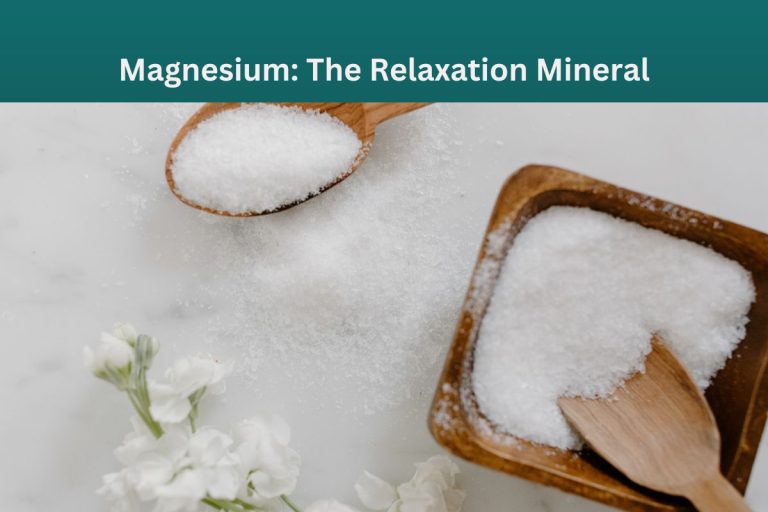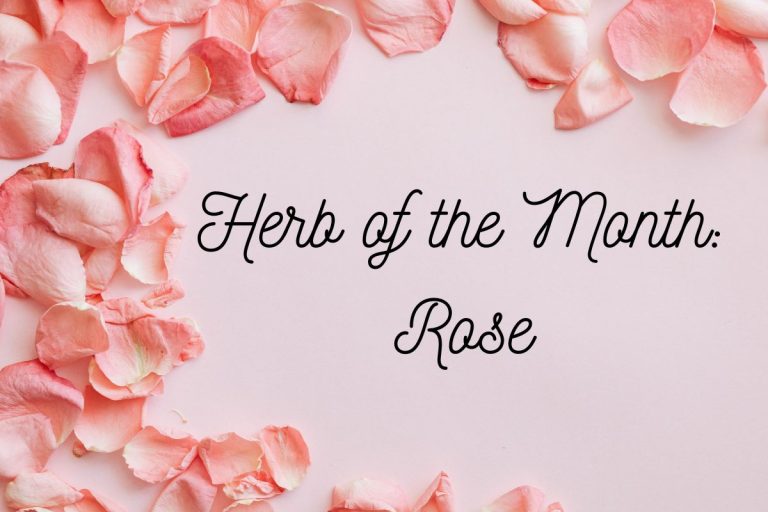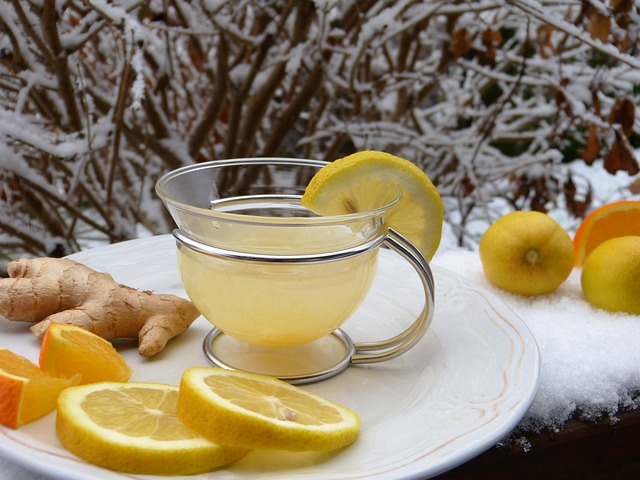Why Your Brain Needs Fat
This post may contain affiliate links. View our disclosure policy here.
My generation and the one before me were conditioned to believe that fats from vegetable oil are healthy and that saturated fats in butter, coconut oil, and lard were the enemy and caused heart disease and more. That couldn’t be more wrong. In fact, we were told to buy low-fat milk, low-fat yogurt, and margarine. But the opposite is true. Consuming those saturated fats are of major importance to your brain and the rest of your body. Let’s talk about the different types of fats, why your brain needs fat, and what foods contain the healthy fats you need.
Let’s Talk Fats
If you are like me, remembering the difference between healthy fats, bad fats, saturated fats, trans fats and more is hard! One thing to remember is that a lot of foods we eat actually contain several of these fats. Our bodies handle all of these fats differently. So let’s try to do a little review here as to what the types of fats are and whether they are healthy or not or, as I like to say, “friend or foe”.
Saturated Fat: Friend or Foe?
Friend
While we were once told this was the fat to avoid, much more current research says the exact opposite. (One study from 2014 actually demonstrated that the fats in your blood that cause heart attacks were from eating sugar and carbs, NOT fat- but I will stop the commenting on that here because this post isn’t about that). Saturated fat is called “saturated” because it’s made up of molecules that are tightly packed together. These are the fats that are solid at room temperature such as butter or ghee, coconut oil or the fat in red meat.
Monosaturated Fat: Friend or Foe?
Friend
Monosaturated fats have a chemical structure that contains a single double bond in their fatty acid chain. They come from both plant and animal foods. These fats are typically liquid at room temperature and become solid when refrigerated. Foods containing monosaturated fat are avocadoes, olives, nuts and seeds as well as beef tallow, butter, and lard. They have been shown to lower blood pressure, lower LDL cholesterol, and even improve insulin sensitivity.
Polyunsaturated Fat: Friend or Foe?
Friend
BUT THEY NEED TO BE BALANCED.
These are the oils that are usually liquid at room temperature but begin to solidify when refrigerated. These fats are considered ‘essential’ (especially for our brains). This is because our bodies need them and they must be included in our diets because our bodies can not make them on their own. It’s important to note also that these oils are highly reactive and will go rancid very quickly. These oils such as safflower oil, flaxseed oil, sunflower oil, etc. should never be used in cooking but only as a dressing over food that has already been cooked.
The two most important polyunsaturated fatty acids are omega 3 and omega 6 fatty acids. Dr. Mark Hyman, MD calls them the yin and yang of fats because you truly need both of them but balance is key. Omega-3s reduce inflammation in the body, promote cardiovascular health, are essential for good brain health, and helps prevent chronic diseases. The biggest negative issue with omega 6 fatty acids is that too often in processed foods there is too much omega 6 and very little, if any, omega 3. When there is too much omega-6 in the body, it can actually cause too much of a inflammatory response.
I like getting these fatty acids through seafoods, especially wild caught Alaskan salmon. Other food sources worth consideration (always investigate possible toxin levels when choosing seafood) include sardines, mackerel, cod liver oil, flax seeds, chia seeds, and walnuts. Meats from grass-fed animals and eggs also contain a small amount. I, myself, plan on ordering some Cod Liver Oil this month from Earthly Wellness. Cod Liver oil contains a unique blend of Omegas as well as Vitamins A and D. In addition to our salmon we have weekly (and at least one other meal including seafood), we also use Nordic Naturals products for supplementation.
Trans Fats: Friend or Foe?
Foe
Please do yourself a favor and if you still have a can of vegetable shortening in your cupboard, get up and go throw it out now. I’ll wait. Honestly, I don’t judge you- but please, read this article, read more articles and books by Mark Hyman, Dr. Axe and others and go throw out the shortening. Replace your unhealthy fats with healthy fats. Okay…. I’m off my soapbox that I went on briefly because I care…and back to the information.
It turns out that the trans fats items we were told to replace the saturated fats with years ago are, in fact, by far more dangerous and toxic than any of the other fats. Now please note that I’m not talking about the very small amounts of trans fats naturally found in some animal foods. We are talking about the artificial trans fats that were made and came into our world just a century ago. Trans fats are cheap to make and have a long shelf life. The problem is they shorten YOUR shelf life.
Brain Health
It’s a complete myth that saturated fat is bad for you. It doesn’t cause heart disease and no, eating fat does not make you fat. In fact, not only are some saturated fats such as coconut oil the best for cooking with (because they are resistant to oxidation and do not cause the damage of high heat cooking as other fats do), but they are incredibly good for brain health.
So why does your brain need fat?
The Human Brain
The human brain is in fact made of 60-70% fat. Like anything, there’s various reports and differences in those reports on whether it’s 60%, 70% or somewhere in between. But with everything, we read and figure out what’s the truth and bottom line. The bottom line is our brain is made of a lot of fat! Therefore, to function optimally, the brain needs to maintain that fat. It’s through our diet that we do this. The low fat recommendations that plagued our society for years was detrimental to our brains. We need fat. Eating brain healthy foods makes a huge difference to the human brain.
What Kind of Fat Does Your Brain Need?
Your brain definitely needs essential fatty acids (EFA’s) to function properly. You have to get EFA’s from your diet. The two most common EFA’s that we need, as mentioned above, are linoleic acid (omega-6) and alpha-linolenic acid (omega-3). But remember, you need a balance. Too much Omega 6 without Omega 3 can be harmful.
Omega 3 Fatty Acids
This is one area that it would seem that conventional and functional medicine can agree on. Omega-3 fats are always at the top of the list for brain health. Lower levels of DHA are linked to problems with memory, learning, mood, and more. There is a wide range of both plant and animal foods containing omega-3 fats including nuts, seeds, and fish such as salmon, sardines, and cod liver oil (see my list above under Polyunsaturated fats).
Saturated Fats
These are good for your brain. However, remember that while Omega 3 fats are super good for your brain, they are not the fats you want to cook with. It is the saturated fats like butter, ghee and unrefined coconut oil that are perfect for cooking whether it’s roasting, sautéing, or frying. The reason is that they don’t have double bonds, which is what makes the fats more resistant to oxidation and damage caused by the high-heat cooking. Your polyunsaturated fats, however, oxidize more easily and are highly vulnerable to breakdown, oxidation and even nutrient loss.
A 2004 study published in the Journal of Neurobiology of Aging indicated that the medium chain fatty acids in coconut oil improved memory problems in older subjects. In his book titled, Eat Fat, Get Thin, Mark Hyman discusses that while his brain functioned well before, adding healthy fats including coconut oil and MCT oil pushed his mental clarity even higher.
Whether saturated fats are truly good for brain health, however, does seem to be debated, but they are most certainly good for overall health and they are best for cooking. Obviously your brain does NOT thrive on oxidation or nutrient loss; therefor, it’s the best one for brain health in this regard. Just don’t cook with saturated fats or forget about your omega 3 fatty acids.
What Fats Should You Avoid?
Unfortunately, these are the ones we used to be told were good for us and the types restaurants still tend to use. Canola, corn, soybean, grapeseed, safflower, peanut oil, cottonseed, and vegetable oils should all be avoided. They are all highly processed. And cheap. That’s why restaurants still use them. They contribute to inflammation in the brain and body. Many of them are genetically modified. It’s amazing how many of these are used in seemingly ‘healthy’ foods on store shelves such as salad dressings or mayonnaise. It is time to start reading labels if you don’t already do so.
Also beware of anything labeled as hydrogenated or partially hydrogenated- even if it’s a healthier fat. Hydrogenation is a process whereby oils are turned into solid fats and then used in packaged foods. This process takes what could be a healthy fat and turns it into a trans fat. This ends up in a fat that will raise LDL cholesterol (that’s a good thing), decrease your HDL cholesterol, promote inflammation and even insulin resistance, and of course, increases risk of cardiovascular disease.
So What Foods are Best?
Well there’s a lot of ‘fatty’ foods that are great for overall health. But as the main topic I chose was about brain health, let’s stick to that. So if you are going to plan a week of meals that include centering on fats for brain health, here’s what you might include:
- fish (preferably 12 oz. a week) including salmon, mackerel, anchovies, sardines
- Eggs
- Avocadoes and Avocado Oil
- Homemade Bone Broth
- Coconut and Coconut Oil
- Extra Virgin Olive Oil
- Walnuts and other nuts
- And don’t forget natural food type supplements such as Nordic Natural Omega supplements and Cod Liver Oil.
Summary
This is not an easy subject to write about. I kept it short and as much to the point as I could. I tried to avoid going into the long explanations and biology of how it all works. My primary goal here is to lead you to the basics of understanding what you need in your kitchen and your wellness basket. This gives you tools for your basket and then allows you the decision to read more about to pursue the information further. I’d highly recommend books such as What The Heck Should I Eat and Deep Nutrition for more information on fats and truly deeper nutrient information.
In the meantime, don’t be afraid of fat. Include fat from grass-fed and wild animal products in your diet.Cook with those same products in addition to butter, ghee, avocado and coconut oil. Eat your pasture raised chicken eggs. Snack on nuts roasted in their own oils. Enjoy healthy fats.
I hope this short post helped guide you in a positive direction. What new healthy fat will you be adding to your wellness basket?








Very informative post! I’m saving for reference. Thanks so much for putting together and sharing this post.
I hope you will consider adding extra healthy fats to your diet on a daily basis!
Thank you so much for the great post! Our society often says – don’t eat fat! And we shouldn’t eat saturated fat but I love how you focus on the right types of fat that are needed for our body.
Courtney, I hope that after reading the post you will see that saturated fat is indeed healthy and our brains need it! It’s the trans fats you need to look out for! Best wishes!
I know this…but often forget or get them mixed up in my head. Thanks for straightening everything out and making it clear!
I’m glad you know! That’s a start- as long as you are NOT avoiding saturated fats, it’s a great start! Our brains need it.
I needed this reminder to take my fish oil, very interesting and informative.
Definitely. Though fresh salmon is even better!